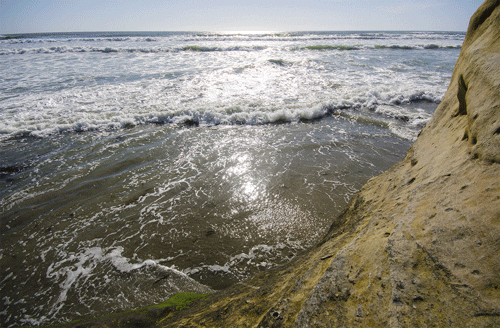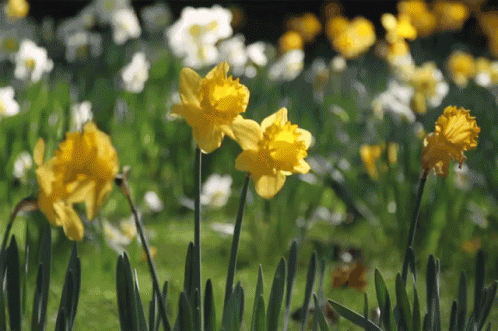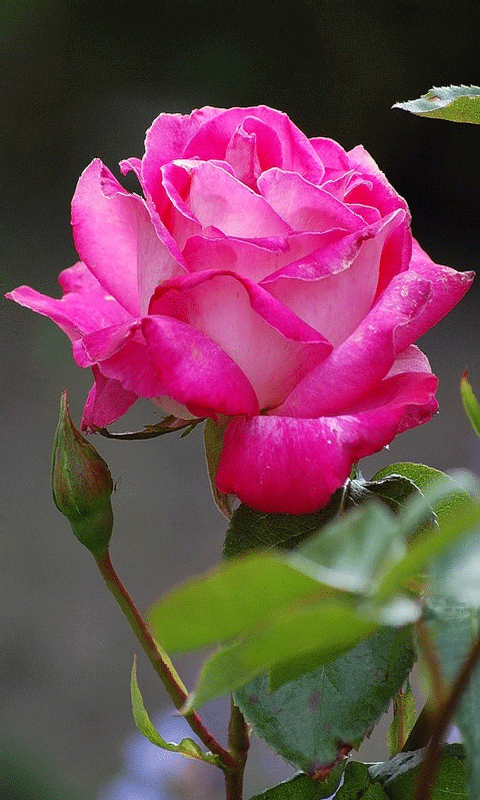-
Comment April 3, 2017
-
The Story of Thera Udayi
Comment April 3, 2017Verse 64: A fool, even though he is associated with a wise man all his life, does not understand the Dhamma, just as a ladle does not know the taste of soup.
The Story of Thera Udayi
While residing at tho Jetavana monastery, the Buddha uttered Verse (64) of this book, with reference to Thera Udayi, a pretentious bhikkhu.
Thera Udayi would often go and sit on the platform from which learned theras delivered their discourses. On one occasion, some visiting bhikkhus, taking him for a very learned thera, put to him some questions on the five aggregates (khandhas). Thera Udayi could not answer, because he did not know anything of the dhamma. The visiting bhikkhus were greatly astonished to find that one staying in the same monastery with the Buddha knew so very little about the khandhas and the ayatanas (sense-bases and sense-objects).
To them, the Buddha spoke in verse as follows:
Verse 64: A fool, even though he is associated with a wise man all his life, does not understand the Dhamma, just as a ladle does not know the taste of soup.
At the end of the discourse, all the visiting bhikkhus attained arahatship.
Dhammapada Verse 64
Udayitthera VatthuYavajivampi ce balo
panditam payirupasati
na so dhammam vijanati
dabbi suparasam yatha.Source: Tipitaka
-
Gentleness…
Comment April 1, 2017Gentleness is the value and quality of one’s character. Gentleness is considered to play a very important role in life.
Gentleness means recognizing that the world around us is fragile, especially other people. It is recognizing our own capacity to do harm and choosing instead to be tender, soft-spoken, soft-hearted, and careful. When we are gentle we touch the world in ways that protect and preserve it.
Being gentle doesn’t mean being weak; gentleness can be firm, even powerful. To behave in a gentle manner requires that we stay centered in our own values and strength — that we are active rather than reactive. Coming from this center, a gentle word or touch can channel our energy into healing or making peace. ~Joseph Jung
-
Leaving it alone…
Comment April 1, 2017 -
The sun was warm but the wind was chill…
Comment April 1, 2017The sun was warm but the wind was chill.
You know how it is with an April day.
When the sun is out and the wind is still,
You’re one month on in the middle of May.
But if you so much as dare to speak,
a cloud come over the sunlit arch,
And wind comes off a frozen peak,
And you’re two months back in the middle of March.~ Robert Frost, Two Tramps in Mud Time, 1926
-
Only when you can…
Comment March 31, 2017 -
Have good trust in yourself …
Comment March 27, 2017 -
Melting our attachment to self
Comment March 27, 2017 -
Nothing ever exists entirely alone
Comment March 27, 2017 -
Too much past & not enough presence
Comment March 27, 2017


















